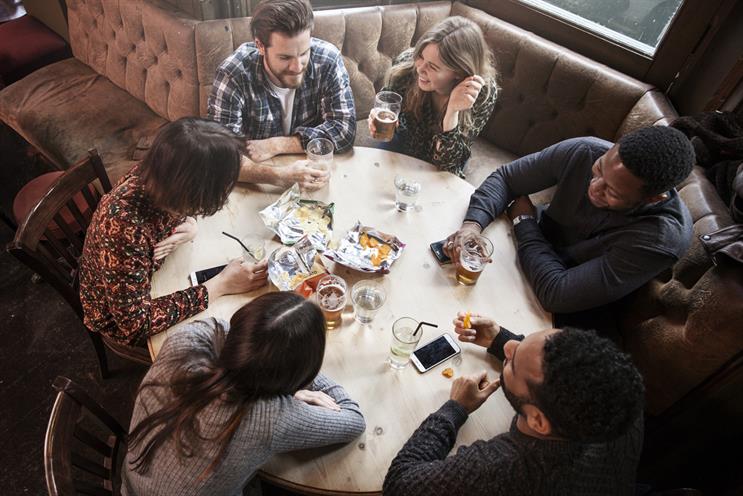Over the past year, we have watched in horror at the scarcely believable scale and destruction wrought by Covid-19. We have witnessed women’s and younger people’s jobs and careers be disproportionately affected by the locked-down economy. We have planned and replanned our jobs and our family life as government policy on schools, travel and retail constantly changed as the fight against coronavirus continued.
Amid this turmoil, no sector has been hit harder than hospitality and entertainment – a disaster for millions of people in lower-paid jobs and temporary workers. This effective shutdown of an entire sector has also had a huge impact on the alcohol brands which, undeniably, fuel a large part of the good times so many of us enjoy here in boozy Britain.
Supermarkets and off-licences – mercifully designated as providing an essential service – may have done brisk trade throughout lockdown but most big drinks companies claim that no amount of discounted bulk-buys to drink at home will make up for the millions of pints, bottles of wine and cocktails lost to every UK pub, club, bar, restaurant, sports ground, theatre and cinema at some point over the past year.
Which presents alcohol producers and their marketing teams with a huge commercial opportunity – but one that’s fraught with brand risk.
First, what’s the right tone for a brand to strike as restrictions are relaxed? Historically, mainstream brands have often traded on humour and celebration. In a normal year, the first warm weekend in spring heralds – among many other wonderful things – a flurry of fresh beer and cider campaigns to capture the national mood of renewal. But in 2021, does this risk not "reading the room"? Perhaps practical optimism with a side order of warmth is a better steer.
Second, what will consumer demand be, given that none of us has lived through a period like this before? Are we going to witness a bacchanalian orgy of high spirits in the first heady months of freedom or a more cautious emergence, taking months to rediscover the joy of crowded rooms and smiling strangers? It all depends on that key date, 21 June – demand will grow and grow if the government’s road map stays intact, but it will prove fragile if the virus spikes.
Third, how has the past year of limited opportunity changed people’s sense of value for money? There’s no cheaper bar than your own fridge, and the old joke about the pub apparently serving smaller measures in bigger glasses points to a critical question about how price sensitive post-lockdown drinkers will be. How do we reconcile this with a premium brand position? The media is already reporting price rises in many other categories and it won’t be long before drinkers start calling out anything that feels particularly unreasonable.
With so much changing in the world around us, an alcohol marketer could be forgiven for turning their lens exclusively inwards. A failsafe focus on the liquid itself, the provenance of the brand or the authenticity of the recipe, makes for an alluring siren call.
But resist it – look instead at the sweeping changes in media and in consumers' sense of self that the pandemic has only accelerated. Psychologist Esther Peral sums up this transformation beautifully. She talks about the journey from the “production economy” that our grandparents knew, through the “service economy” our parents grew up in, all the way to today’s “identity economy” where the fundamental driver is the desire “to become the best version of yourself”.
For so many of today’s consumers, life has become an identity project. With the pressing questions being: “Who am I and who will you help me become?”.
Some modern companies and platforms seem to understand this instinctively and have it hardwired into their DNA – TikTok and Peloton, for example. But what does this new age of identity mean for the 200-year-old brewer, the venerable malt whisky, the de rigueur rosé?
As brand owners, the key is to think less about who or why your brand is – and more about how and why anyone might choose your brand to express (to themselves and their world) who they are, where they’re going and what they are all about.
It may feel uncomfortable, and it may take a dose of humility for a big brand to accept its role as a prop in someone else's story. But as the UK opens up, millions of us will tell stories about ourselves and our lives, generating billions of tweets, posts and updates as we curate our own “brand me”.
We heard this week that alcohol ad spending won’t reach pre-pandemic levels until 2023 so, with that in mind, the brands that people feel help them tell their story will be the big winners in 2021.
Richard Exon is the founder of Joint


